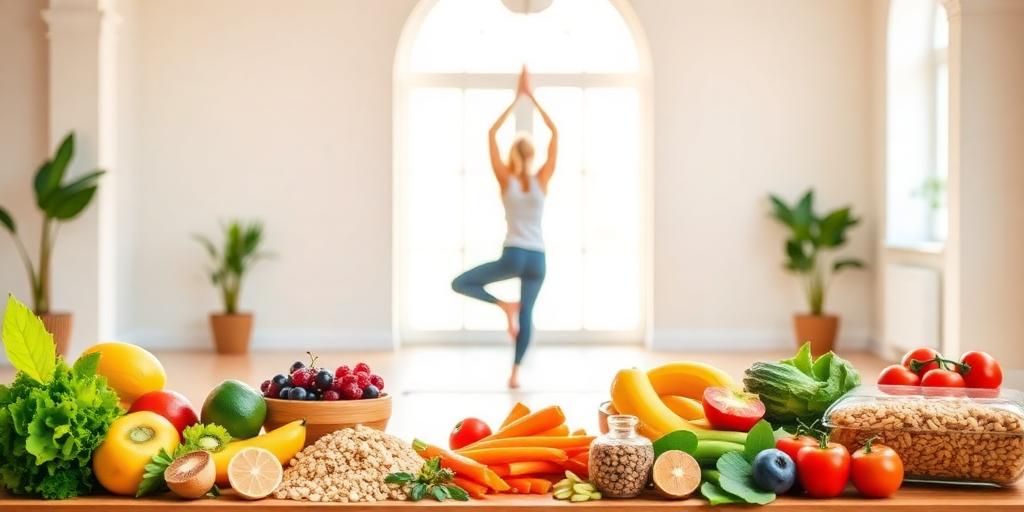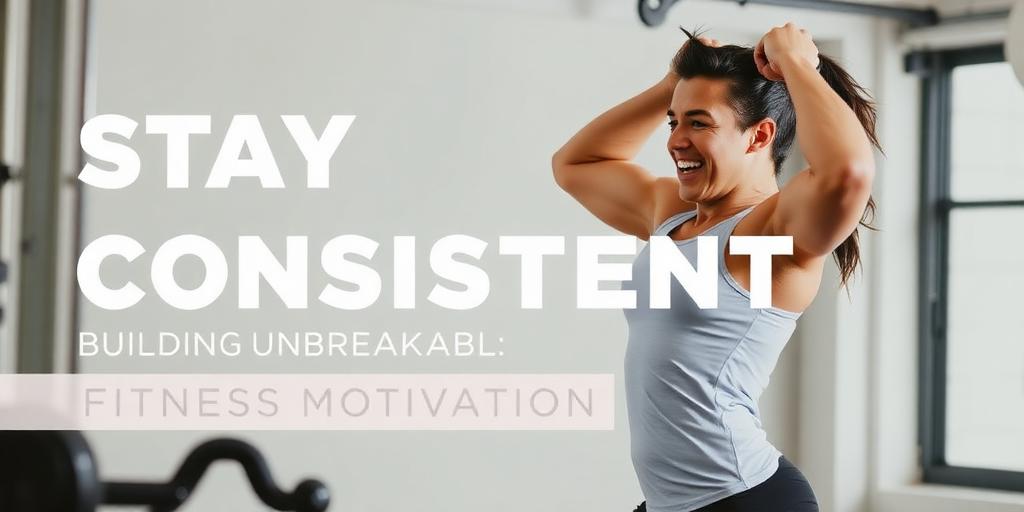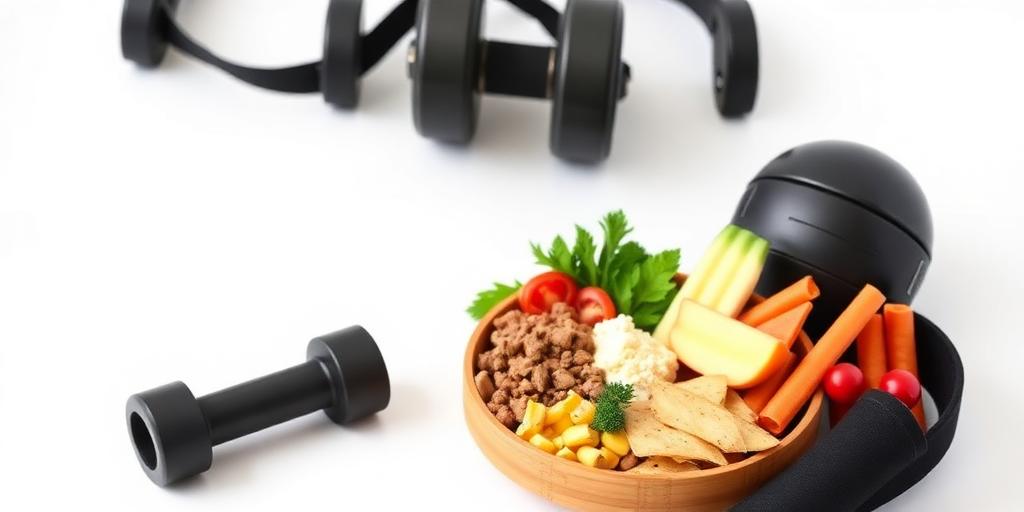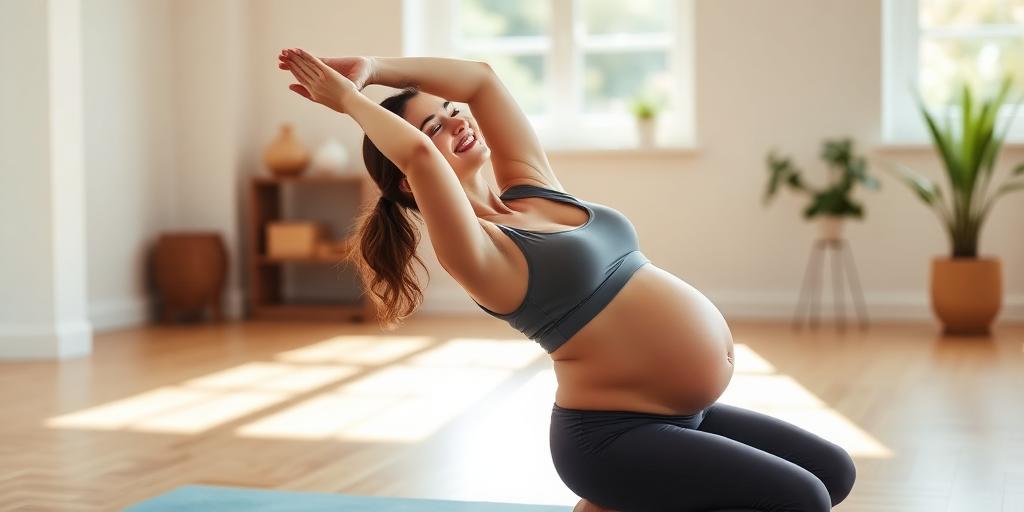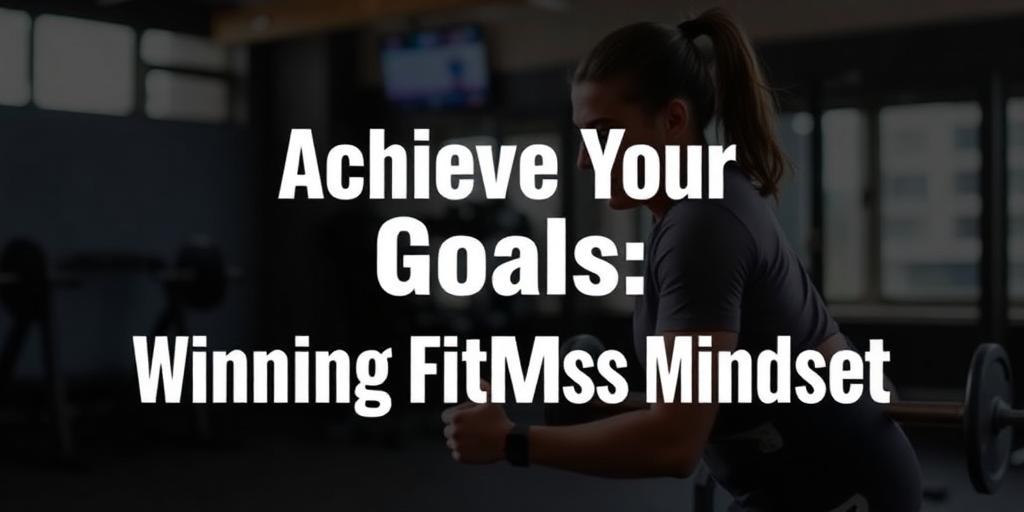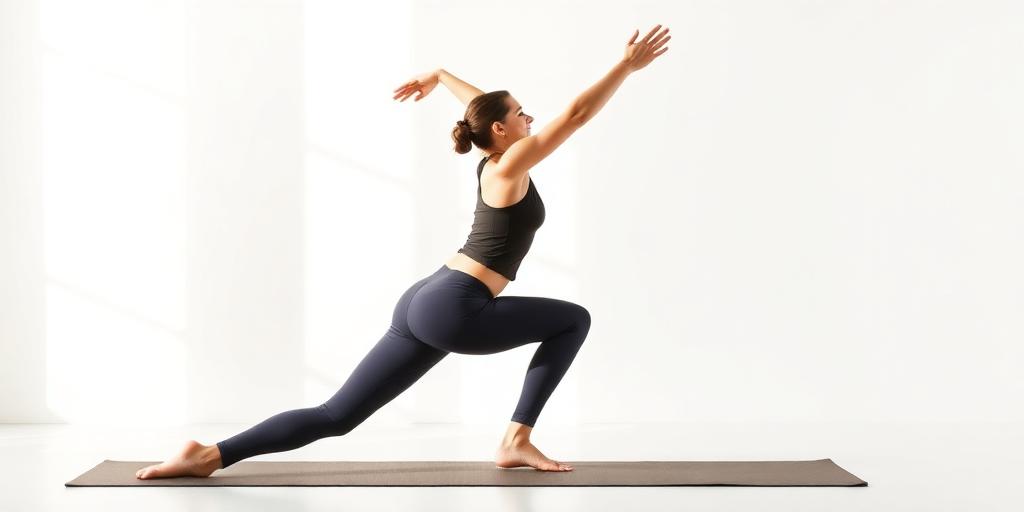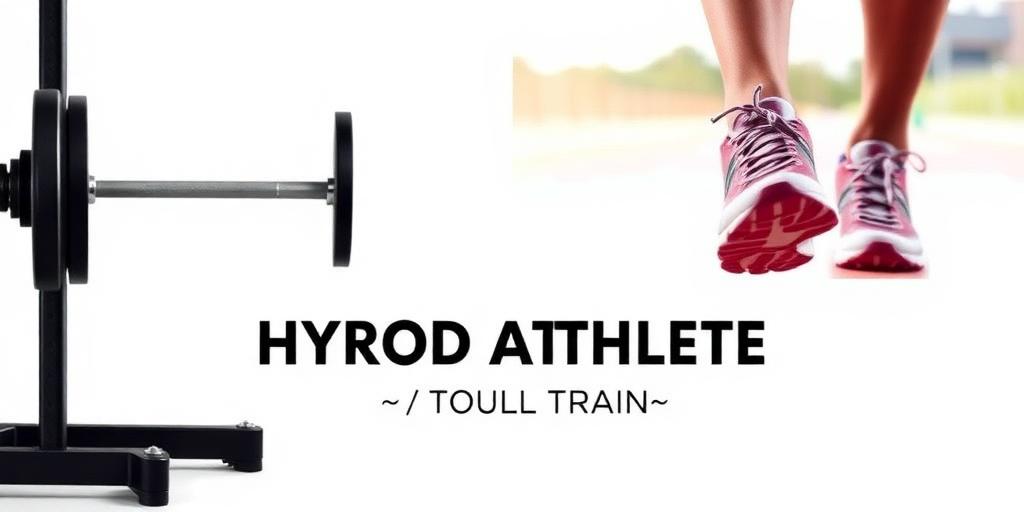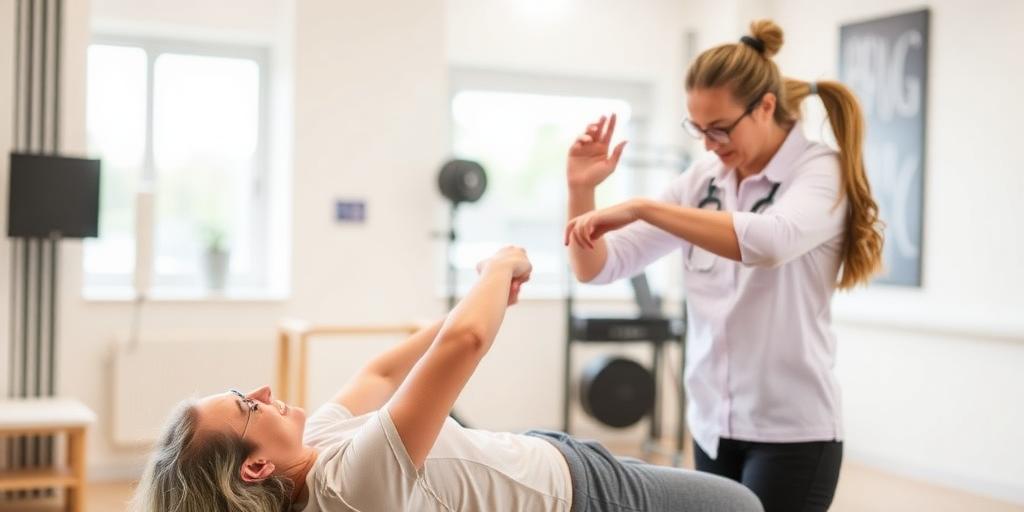Nutrition for Yoga and Pilates: Fueling Flexibility
Yoga and Pilates are renowned for enhancing flexibility, strength, and overall well-being. However, optimal performance and recovery in these activities also hinge on proper nutrition. This guide explores the key nutritional considerations for individuals practicing yoga and Pilates, ensuring you fuel your body effectively to maximize the benefits of your workouts.
Understanding Your Nutritional Needs
Both yoga and Pilates place unique demands on the body, requiring a balanced intake of macronutrients and micronutrients to support energy levels, muscle function, and recovery. Factors such as intensity, duration, and frequency of your sessions will influence your specific nutritional requirements.
Macronutrients: The Foundation of Your Diet
- Carbohydrates: Primary energy source, crucial for fueling workouts. Opt for complex carbohydrates like whole grains, fruits, and vegetables for sustained energy release.
- Proteins: Essential for muscle repair and growth. Include sources like lean meats, poultry, fish, beans, lentils, and tofu in your diet.
- Fats: Important for hormone production, nutrient absorption, and overall health. Choose healthy fats such as avocados, nuts, seeds, and olive oil.
Micronutrients: The Supporting Cast
- Calcium and Vitamin D: Vital for bone health, particularly important for weight-bearing Pilates exercises. Dairy products, leafy greens, and fortified foods are good sources.
- Iron: Supports oxygen transport to muscles, preventing fatigue. Found in red meat, spinach, and lentils.
- Electrolytes: Sodium, potassium, and magnesium are lost through sweat and need to be replenished to maintain fluid balance and prevent muscle cramps. Sports drinks, bananas, and leafy greens can help.
Pre- and Post-Workout Nutrition
- Pre-Workout: Focus on easily digestible carbohydrates for energy. A piece of fruit, a small bowl of oatmeal, or a whole-grain cracker with nut butter are good options, consumed 1-2 hours before your session.
- Post-Workout: Prioritize protein and carbohydrates to replenish glycogen stores and aid muscle recovery. A protein shake with fruit, Greek yogurt with berries, or a chicken breast with brown rice are excellent choices, consumed within 30-60 minutes after your session.
Hydration: The Unsung Hero
Adequate hydration is crucial for performance and recovery. Drink water throughout the day, especially before, during, and after your yoga or Pilates sessions. Electrolyte-enhanced beverages may be beneficial for longer or more intense workouts.
Sample Meal Plan
This is a sample meal plan and should be adjusted based on individual needs and preferences.
- Breakfast: Oatmeal with berries and nuts
- Lunch: Salad with grilled chicken or tofu
- Dinner: Baked salmon with roasted vegetables and quinoa
- Snacks: Greek yogurt, fruit, or a handful of nuts
Considerations for Different Styles
- Vinyasa Yoga: Requires sustained energy; focus on complex carbohydrates and hydration.
- Restorative Yoga: Less demanding; prioritize balanced meals and mindful eating.
- Pilates: Emphasizes core strength; ensure adequate protein intake for muscle repair.
Conclusion
Proper nutrition is an integral component of a successful yoga and Pilates practice. By understanding your body's needs and implementing a well-balanced diet, you can optimize your performance, accelerate recovery, and enhance your overall well-being. Consult with a registered dietitian or nutritionist for personalized guidance tailored to your specific needs and goals.

